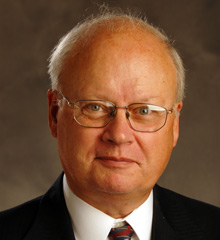Revised by Mary Hinkle Shore, 8/23
According to information within the letter itself, Paul had been on the island of Crete but left Titus there to be in charge after his departure (1:5). We are not told where PaulThe Apostle Paul, originally known as Saul of Tarsus, was the author of several New Testament letters and the founder of many Christian communities. More is, but he hopes to meet Titus at Nicopolis prior to the coming winter (3:12). During his time on Crete, Titus is to see that the churches there are staffed in such a way that each has an “elder” (or “presbyter”) to carry on ministry, and he is to instruct people in their duties and roles as Christians.
If Titus was written by a follower of Paul after his death, the background of the letter is significantly different. The letter’s central concerns are with (1) church leadership, (2) opposition to false teaching, perhaps by Jewish Christians who expect that conversion to Judaism is necessary to be a Christian, and (3) orderly households that will make a good impression on outsiders to Christianity. These concerns lead to the conclusion that the letter is written against a background in which Judaism and Christianity are not yet separate from each other. In addition, the setting of the letter is one where it is important for members of a new sect, like Christianity, to blend with their Greek and Roman neighbors whose culture is built on a hierarchical householdA household is a living unit comprised of all the persons who live in one house. A household would embrace all the members of a family, including servants and slaves. In the book of Acts, stories are told of various persons and their households, like... More structure at the top of which is a pater familias. They may stand out in terms of virtues such as gentleness, humility, and courtesy, but not in the way they organize their households.
